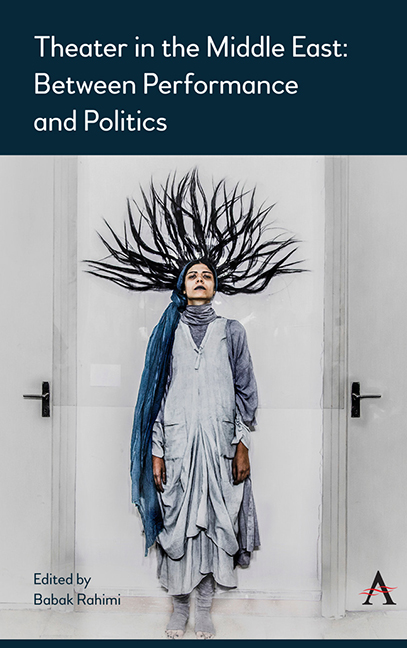Chapter 4 - The Reinvention of Storytelling Tradition in Moroccan Theater: From Postcolonial Hybridity to Women’s Empowerment
Published online by Cambridge University Press: 04 February 2022
Summary
The great tragedy of the hlaykia […] is that their ancient existence is under threat: but, unlike Scheherazade, it is doubtful that they will be able to stave off their execution. Until recently you could find the hlaykiya in all the country's major cities, such as Fes, Meknes, and Tangier […] In the 1970s, there were 18 storytellers in Marrakech; now there are only about a half dozen, and they are old men who have almost all retired, leaving no apprentices
Richard Hamilton (2011: 24)In contemporary Morocco, the age-old tradition of storytelling seems to lose momentum with the disappearance of master storytellers from public squares such as Jemā`-el-Fnā in the city of Marrakech. However, the art of storytelling has made an outstanding resurgence in other artistic forms, including theater. The intention of this chapter is to show storytelling as manifested in the Moroccan Al-ḥalqa (The circle of storytelling) and, particularly, some of the inventive modalities of its reinvention in theater. The two cases presented in the essay demonstrate a progressive continuum whereby storytelling is often sought as a source of agency. In the first case, Tayeb Saddiki appeals to the dynamics of storytelling to challenge the Western performance paradigms by retrieving traditional narrative performances as staged at al-ḥalqa. As to the second case, exemplified by Naima Zitan's Dialy, storytelling is deployed by Shahrzād's heiresses to address complex issues around female sexuality and gender inequality in Morocco. As such, Dialy challenges patterns of gendered oppression by restaging them and encouraging public forum around difficult subjects often deemed too taboo to be addressed by conventional theaters in Morocco.
Al-ḥalqa is the most important traditional performance paradigm in Morocco, wherein the traditional art of storytelling thrives. It is a public performance in the form of a circle in a space of popular culture that is open to people from all different paths of life. Al-ḥalqa hovers between high culture and low mass culture, sacred and profane, literacy and orality. Its repertoire is as open and fluid as the tradition of Arabian Nights and Sirat Bani Hilal.
- Type
- Chapter
- Information
- Theater in the Middle EastBetween Performance and Politics, pp. 71 - 86Publisher: Anthem PressPrint publication year: 2020

